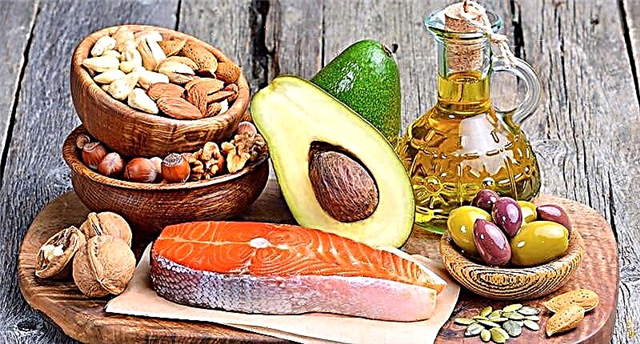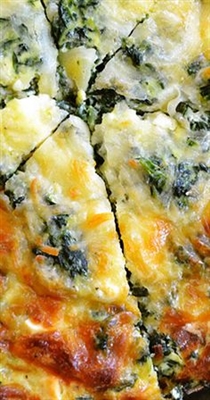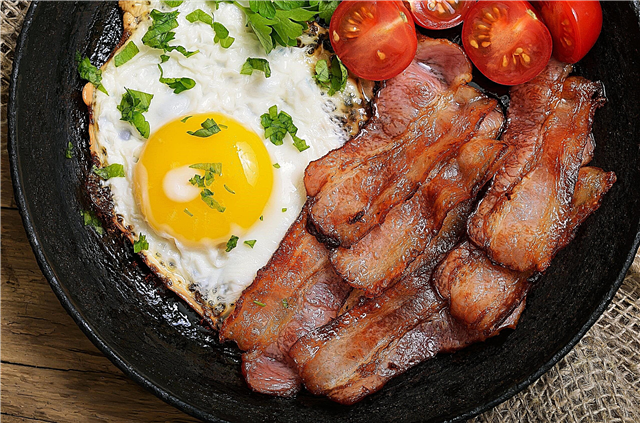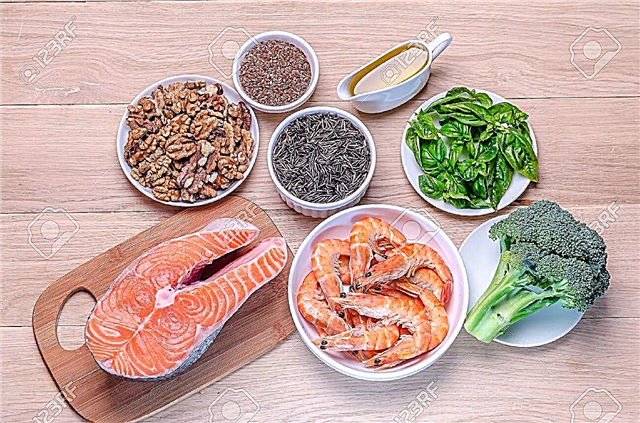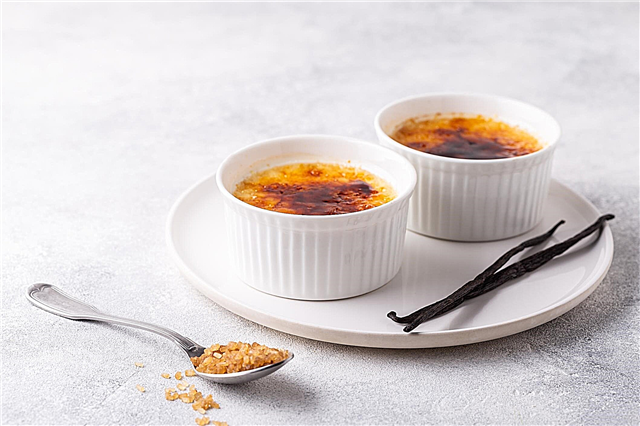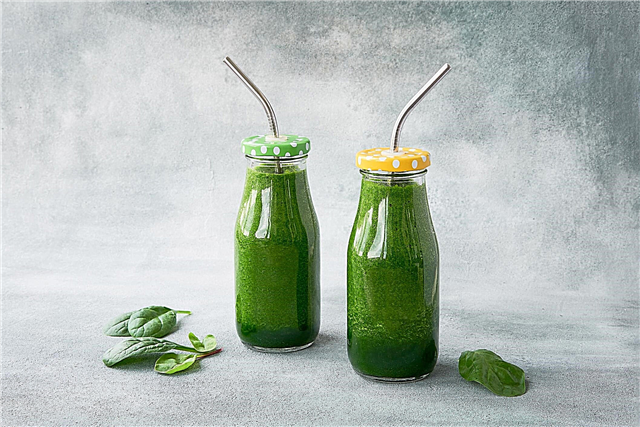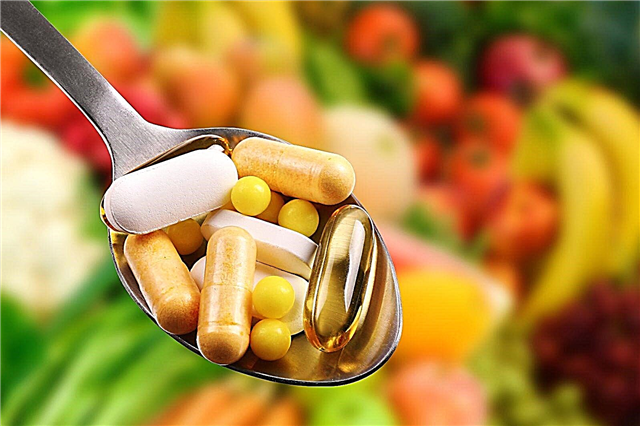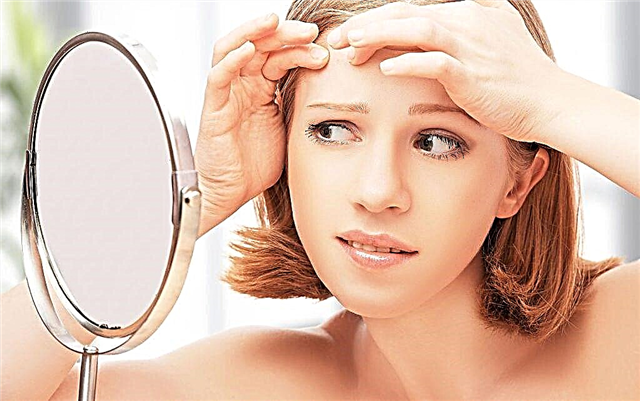In a 2012 article, a group of Italian researchers examined the potential benefits of a ketogenic diet for acne treatment. They found that keto is able to treat acne in three ways:
By decreasing insulin levels. The ketogenic diet lowers insulin levels, and often dramatically. For more information on how this happens, check out our article on this topic.
Soothing inflammation. Inflammation is what makes acne so red, painful and tender. Low-carb and ketogenic diets have been shown to reduce inflammation.
By decreasing IGF-1 levels. Restricting carbohydrates helps maintain IGF-1 levels. This will help regulate sebum production and prevent clogged pores.
To a lesser extent, these three factors help improve skin health in patients who are on a low glycemic load diet. Their insulin and IGF-1 levels have decreased, and when you look at their progress, you can see that their levels of inflammation have decreased as well. Based on these results, it is highly likely that a ketogenic diet would have helped them get even better results.
If you search for "keto and acne" or "keto and skin health," you will find a lot of anecdotal evidence that the ketogenic diet is ideal for skin health. There are many stories of people who followed keto to lose weight and noticed that their skin was completely cleared.
However, there are also many stories of people following a ketogenic diet and getting more acne, blackheads and red inflammation than ever before. This means that carbohydrates may not be the only culprit in acne.
The link between acne and dairy
 When it comes to acne, insulin and basal plasma IGF-I levels are the main players, and processed carbohydrates aren't the only ones that significantly increase IGF-1 and insulin levels. Dairy products - particularly pasteurized milk and whey-based products - stimulate higher insulin and IGF-1 levels.
When it comes to acne, insulin and basal plasma IGF-I levels are the main players, and processed carbohydrates aren't the only ones that significantly increase IGF-1 and insulin levels. Dairy products - particularly pasteurized milk and whey-based products - stimulate higher insulin and IGF-1 levels.
Despite the lack of clinical trials on the effects of milk consumption on acne, three large population studies have reported a positive association between milk consumption and acne.
Some researchers have reported that hormones in milk (designed to help calves grow into massive animals) can survive milk processing and stimulate many of the processes that lead to acne. Plus, the whey protein in many dairy products can create a potent insulin response that can further exacerbate any acne problems.
Does your acne problem get worse during keto?

If you find that the ketogenic diet is having a negative effect on your acne, consider cutting down on your intake of dairy products and whey protein powders.
Common keto-friendly dairy products such as high-fat yogurt and cream contain some hormones and whey protein that can stimulate acne breakouts. Foods such as cheese and butter may have the least impact on skin health, but they may contain some active hormones from the milk that was used to make them.
To reduce your intake of dairy products, use dairy alternatives instead:
- Substitute coconut milk for milk. In recipes, you can use coconut milk in a 1 to 1 ratio.
- Substitute coconut cream for heavy cream. You may need to add a little water depending on the fat content of the coconut cream.
- Swap your regular cheese for a vegetarian one. There are many dairy-free cheeses on the market today.
If your skin starts to deteriorate after starting the ketogenic diet, it is recommended that you replace most of your milk, heavy cream, and yogurt with dairy alternatives for at least a month.
Other Ways to Improve Skin Health and Reduce Acne

Overall, limiting your intake of carbohydrates and dairy products should have a huge impact on your skin's health. If after a couple of weeks the approach doesn't work as well as you'd like, try some of these suggestions:
- Eat fatty fish several times a week. The omega-3 fatty acids found in fish are anti-inflammatory and may improve skin health. The best options are salmon, mackerel, sardines, herring, and anchovies.
- Eat low-calorie vegetables with every meal. Leafy greens and cruciferous vegetables can promote hormonal regulation and improve skin health. To learn more about the low-calorie vegetables you should eat during keto, check out this article.
- Drink green tea. Green tea is the best source of the antioxidant EGCG (epigallocatechin gallate). A 2016 study found that green tea extract significantly reduced acne in adult women.
- Limit your intake of dark chocolate. A 2016 study found that even 99% sugar-free dark chocolate can significantly worsen men's skin. For this reason, you can limit your consumption of dark chocolate.
- Eat mostly whole, minimally processed foods. Even if you don't eat sugary and starchy foods, you can still consume ingredients that cause skin problems. Bologna and other processed meats often contain sugar, corn syrup, fillers, or other additives that increase insulin levels and inflammation.
- Follow a ketogenic diet for at least a month. It took nearly three months for the subjects in the low glycemic load group to experience an average 50% reduction in acne. It may take you just as long, so stick to your diet for at least a month before assessing your skin health adequately.
- Daily exercise. Consider adding 15-30 minutes of walking to your daily routine. This will increase insulin sensitivity and improve skin condition.
- Experiment with intermittent fasting. By limiting your calorie intake to an 8-hour meal window each day, you can lower your insulin and IGF-1 levels more than usual. To learn more about this topic, check out our article.

